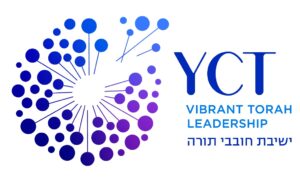Main Navigation

- This event has passed.
Rosh Hashanah at Isabella Freedman 2024
October 2, 2024 @ 2:00 pm – October 6, 2024 @ 10:00 am

Welcome in the New Year at Isabella Freedman
Rosh Hashanah is time of reflection of the year past and a look toward the future. Come welcome in 5785 in serene foothills of the Berkshires just as the trees are just starting to turn colors for autumn.
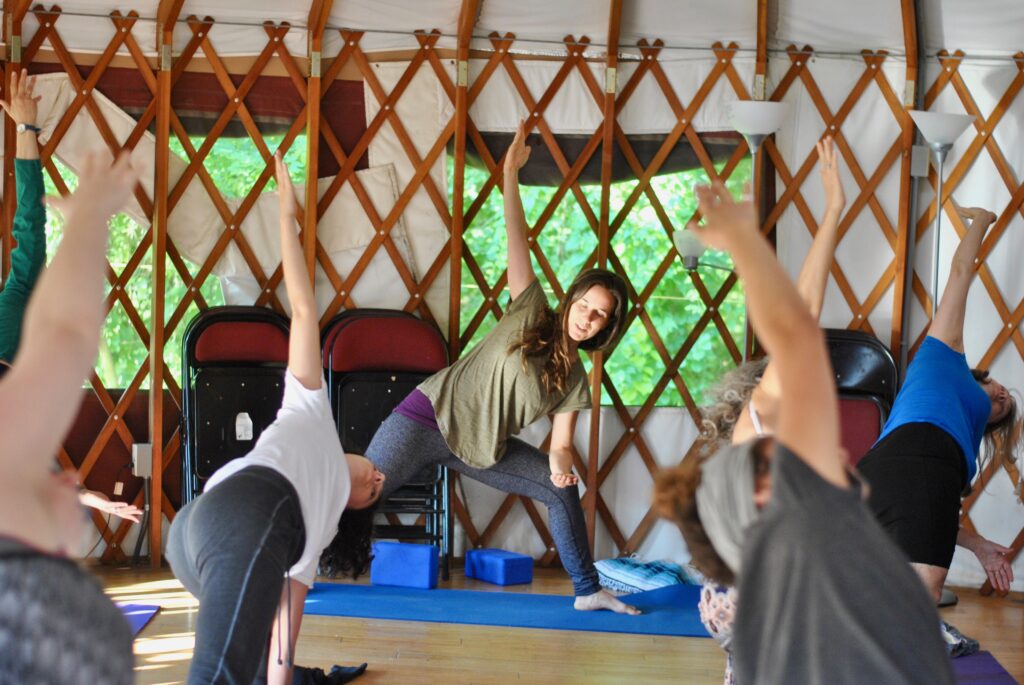

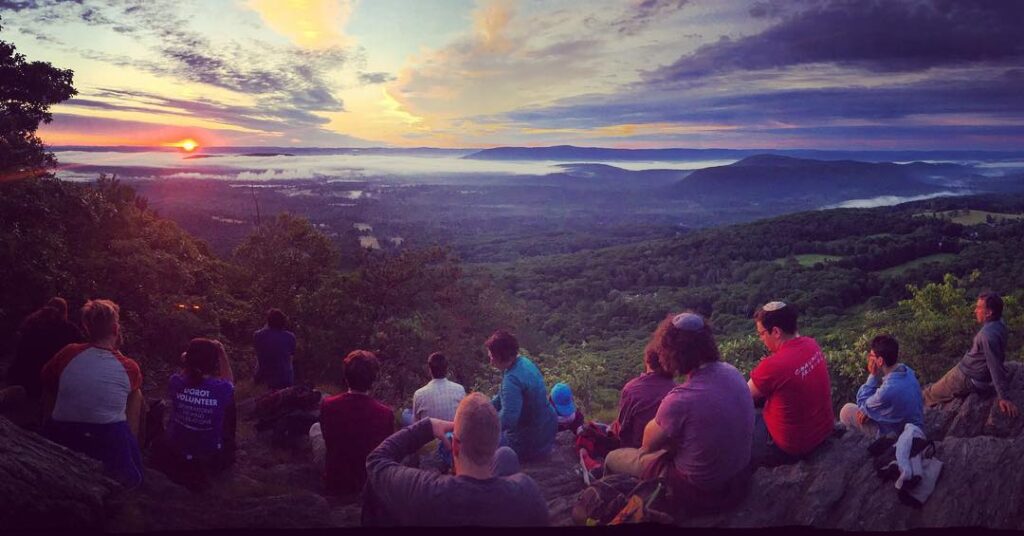
Retreat Details
Start the new year with us surrounded by the natural beauty of the Berkshires! Mornings are filled with meaningful spirited prayer led by inspiring leaders in the beautiful setting of the Berkshires amongst the tall trees and sparkling lake. Afternoons and evenings are packed with leisure activities, classes and fun, including special programs for children. We offer the highest quality organic kosher meals to Jews of all denominations and backgrounds.
We feature two prayer options:
Our Orthodox Mechitza minyan will be led by members of Yeshivat Chovevei Torah (YCT). YCT brings a spiritual vibrant, person-centric orthodox leadership that radiates torah outward to transform the Jewish world. Attendees can expect the open, welcoming atmosphere that is fostered by both Adamah and YCT, including a rousing experience of tefillah (prayer) aimed at heart, mind and soul.
Our Traditional Egalitarian davening will be led by Rabbi Ravid Tilles who leads davening at Schechter Boston in Newton, MA. The Traditional Egalitarian service will include a robust davening experience where all gender identities can sit together, count in the minyan and participate in the service. The davening will include a full matbeah tefillah (service structure) for Rosh Hashanah that leans on the ancient words and familiar melodies that stir the spirit.
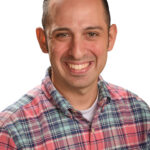
Pricing
- Standard Room (Private Bathroom): $1175 per adult in double occupancy | $1880 single occupancy
- Basic Room (Shared full bathroom between two rooms): $1055 per adult in double occupancy | $1680 single occupancy
- Dormitory Style (shared half bathroom between two rooms) multiple occupancy: $755 per adult
- Child (5-12) Staying in the same room $250 (If children are staying in a separate room, one child must be registered as an adult at the adult price)
- Toddler (2-4): $140
- Infant (under 2): $0
Davening and Ritual
Hear the shofar sound across the lake and gather in prayer under the trees. Choose the minyan of your liking – either Orthodox with a mechitza or Traditional Egalitarian. Both options invite you to participate with singing and hear thoughtful words of Torah. Welcome 5785 in warm community as we start the year together.
We are thrilled to announce a new partnership with Yeshivat Chovevei Torah (YCT), the inclusive Orthodox rabbinical school. This fall, for Rosh HaShanah and Shabbat Shuvah, YCT students and rabbis will lead tefillot and present classes.
The Traditional Egalitarian service will include a robust davening experience where all gender identities can sit together, count in the minyan and participate in the service. The davening will include a full matbeah tefillah (service structure) for Rosh Hashanah that leans on the ancient words and familiar melodies that stir the spirit.
Program Highlights
Our various educators lead a series of classes throughout the holiday, as well as yoga, tours of our organic farm, and guided hikes on our trails. While many of our activities are family friendly, there will also be some dedicated programs for kids.
Yeshivat Chovevei Torah (YCT), the inclusive Orthodox rabbinical school will lead tefillot and present classes. Attendees can expect the open, welcoming atmosphere that is fostered by both Adamah and YCT, including a rousing experience of tefillah (prayer) aimed at heart, mind and soul. YCT rabbis and rabbinical students will present classes on a Torah that is open to all humanity and concerned with our impact on the world and the environment.
Kids Programming
Camp Adamah offers engaging programming for children ages 2-12. Adamah’s values of cultivating vibrant Jewish life in deep connection with the earth through joy, love, and hope are exemplified in all of our activities. At our holiday retreats, children will have the opportunity to explore the land, forest and farm. All activities are shabbat and holiday friendly. Activities include meeting the chickens, hiking to the magnificent overlook, forest games, nature art, field games, and more! Gan Adamah, ages 2-4, is scheduled each morning of the retreat and Camp Adamah (ages 5-12) is held in the mornings and afternoons. We look forward to welcoming your family to our campus!
Kids programming will be outdoors as much as possible, including in the rain; a raincoat, rain boots, hiking boots or sneakers, and a labeled water bottle are required.
Teachers and Educators
More Information coming soon
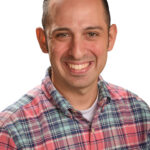
Rabbi Ravid Tilles serves as the Director of Jewish Life and Learning and Rav Beit Sefer at Schechter Boston in Newton, MA. He has led the students and families toward enriching Jewish experiences for the past 8 years. Before that, he served as Associate Rabbi at the Merrick Jewish Center in Merrick, Long Island. He was ordained at the Jewish Theological Seminary in 2013 and has been leading High Holiday services for over 20 years.

Rabbi Michael Gordan is a recent graduate of YCT. He works as a lawyer outside of Philadelphia where he is also an active member of the Jewish community and president of the local library.

Rabbi Gabe Greenberg is the Executive Director at Penn Hillel. Gabe has worked in pluralistic Jewish settings around the country, serving as a rabbinic educator at UC Berkeley Hillel, a congregational rabbi in New Orleans, and the founder of an organic farming Jewish learning program in Baltimore. He spent formative time at Isabella Freedman, and he and his wife are both Adamah Farm Fellowship alumni.

Tadgh Cleary has spent the last 10 years, on and off, learning at Yeshivat Har Etzion in Israel. During that time, he also obtained a degree from Victoria University of Wellington in New Zealand.

Raffi Levi (he/him) is a chazzan, activist, nature enthusiast, and incoming rabbi studying at Yeshivat Chovevei Torah (class of ‘25). Throughout rabbinical school, Raffi has interned with synagogues and campus Hillels, participated in social justice fellowships for clergy, led backpacking trips for Jewish teens and adults, and worked as a chaplain, mashgiach, and culinary arts educator. Raffi currently lives on the Upper West Side of Manhattan with his wife, Daphne.

Daniel Machlis is in his third year of study in YCT’s semikha program. Alongside Torah, Daniel’s great passion in life is hiking through nature and basking in Hashem’s creation. He has held rabbinic internships at NY-Presbyterian Hospital Queens, SAR High School, and the Hebrew Home of Riverdale.
Learning Sessions
More to come!
